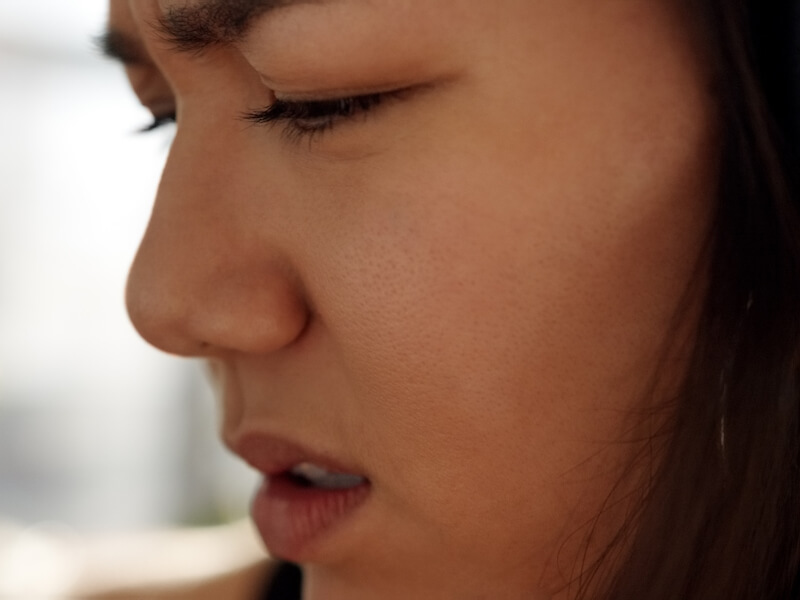
It’s well known that stress, particularly for extended stretches, can be very hazardous for your body. Stress can produce significant muscle pain and headaches. But did you recognize stress can also result in tinnitus, a ringing, buzzing, or clicking in the ears?
Stress isn’t the only thing that can cause tinnitus, it can also be caused by a sinus infection, loud noises, and other factors. Let’s examine several potential causes of that aggravating noise in your ears.
How to Distinguish Unhealthy Stress
How does stress relate to tinnitus? It’s often easy to take for granted how extreme the medical consequence of stress can be on our bodies. Stress isn’t something you should ignore.
Healthy Stress
Temporary stress can actually be an extremely motivating factor with regards to completing duties. Stress can supply a boost of energy and adrenalin to complete tasks and projects that really need to get done.
But temporary, healthy stress and chronic, harmful stress are two very different things. Healthy stress helps you reach a goal without damaging your body. Unhealthy stress is hazardous for your body.
Unhealthy Stress
Unhealthy stress is caused by the fear of something that, in most cases, never in fact occurs. Unhealthy stress is generated when a person remains in a heightened state of anxiety for an extended period of time.
In hazardous conditions, the fight or flight response is a natural reaction but it also relates to unhealthy stress. When an individual stays in a hyper-stressful condition for a long period, it can result in harmful physical symptoms.
Worrying
Unhealthy stress is commonly caused by worrying. The significance of an interaction or situation can often be exaggerated. We may convince ourselves we destroyed a chance at a promotion because of something we said. Unreasonable worrying can lead to intrusive, seemingly unmanageable thoughts.
Unhealthy Stress And Intrusive Thoughts
We might believe that we are falling behind and failing to accomplish our day-to-day tasks. We might obsess, talk to ourselves, or even panic. If we don’t take some positive measures to deal with this stress it will keep wearing down our body.
Usually, unhealthy stress impacts the upper part of the body by producing muscle tension and pain. Affected areas could include the jaw, neck, head, or shoulders.
Anger And Jaw Tension
Have you ever read a book where the writer portrays a character as being so angry his jaw clenched in rage? Stress, worry, anger, and intrusive thoughts frequently come with jaw tension.
Pressure can be put on the fragile bones of the eardrum and inner ear by continuous tension. Ringing in the ears can be the result.
Ear Strain And Sinus Infections
Sinus infections cause many unfavorable symptoms, from a stuffy nose to a soar throat.
Sinus infections generate headaches, sinus pressure, and ear pressure. A buzzing, clicking and ringing can be the result.
When you have a sinus infection, your nasal congestion often spreads to your ears. This can generate excessive earwax, which leads to blockages in the ears and extreme pressure on the eardrums. And with this comes ringing in the ears.
If the ringing is brought on by a sinus infection it will most likely clear up on its own and you won’t have to see a hearing specialist. But you should definitely schedule an appointment with us if the ringing continues for more than a few days.
Prolonged Exposure to Loud Noises
Long-term ringing in the ears will most likely not occur due to the occasional concert. However, you might be putting stress on the fragile parts of your ear if you frequently expose yourself to extremely loud sound.
When you expose your ears to loud noises on a regular basis, your eardrums and the bones of the inner ears are strained, which can result in buzzing, ringing, or clicking.
Beyond the periodic ringing in your ears, exposure to intense sounds over a prolonged period of time can trigger temporary or lasting hearing loss. It’s crucial to safeguard your ears from the elements and listen to music at a reasonable volume level.
Safeguarding Your Hearing
Tinnitus isn’t something you should ignore regardless of which one of these is causing it. Having your hearing checked by a hearing professional regularly is the smartest thing you can do. For your peace of mind, you should get checked, particularly if you suspect that your tinnitus is being triggered by a significant underlying medical problem.